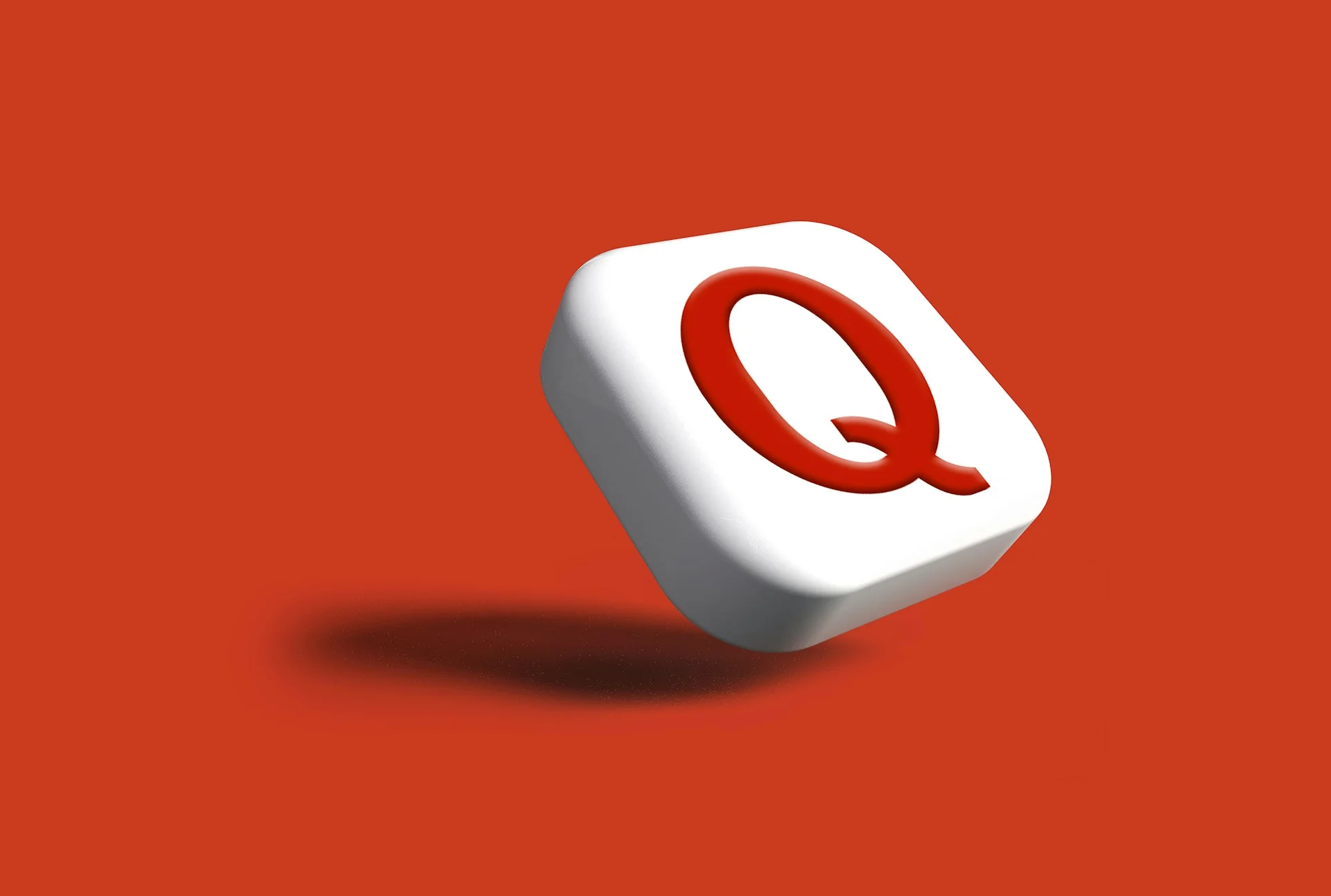Quora’s Poe AI chatbot platform, backed by a $75 million investment from Andreessen Horowitz, is stirring controversy by allowing users to download HTML files of articles from paywalled journalistic outlets. This new feature is raising significant concerns about copyright infringement and the future of digital journalism.
Poe’s Article Download Feature
Poe’s functionality is straightforward yet contentious. By prompting the platform’s Assistant bot with the URL of a paywalled article, users receive a detailed summary and a downloadable HTML file of th e entire article. This includes content from prominent sites like The New York Times, Bloomberg Businessweek, The Atlantic, Forbes, Defector, and 404 Media.
Intellectual Property Concerns
The feature exemplifies the AI industry’s cavalier approach to intellectual property law, potentially undermining existing business models in journalism and other creative fields. James Grimmelmann, a professor of digital and information law at Cornell University, highlights the severity of the issue, stating, “This is a significant copyright issue. Because they made a copy on their own server, that’s prima facie copyright infringement.” Quora, however, disputes this claim, likening Poe to a cloud storage service.
How Poe Operates
When prompted to summarize a test website controlled by WIRED, the Assistant bot provided an HTML file without a summary. Server logs showed a “Quora Bot” accessing the site, bypassing the Robots Exclusion Protocol, a web standard that prevents automated systems from accessing certain pages. This behavior raises further questions about Poe’s adherence to web standards and ethical practices.
Reactions from the Publishing Industry
A prominent media executive, who requested anonymity, confirmed similar activities from Quora bots on their publication’s site. This executive expressed frustration over servers identified as Quora bots accessing content after specific prompts, resulting in most or all of the text being retrieved.
Quora spokesperson Autumn Besselman responded to these concerns, stating, “Quora’s Poe AI chatbot has a feature that enables a user to show the contents of a URL to a bot, but the bot will only see content that it is served by the domain. We would be happy to connect with your technical team to help ensure your paywalled content isn’t served to people using Poe.”
Legal and Ethical Implications
The legality of Poe’s functionality is highly contentious. Besselman compared Poe’s file attachments to cloud storage and “web clipper” services, asserting they comply with copyright law. However, this perspective is not widely accepted, as evidenced by legal actions from major journalism companies.
The New York Times, for example, is suing OpenAI and Microsoft for copyright infringement, while Forbes has accused Perplexity of “willful infringement.” Charlie Stadtlander, a spokesperson for The New York Times, stated, “Scraping or reproducing The Times’ content is prohibited without our prior written permission.”
The Future of AI and Content Creation
Quora cofounder Adam D’Angelo, also a former Facebook CTO and OpenAI board member, envisions an integrated relationship between Quora and Poe. He sees potential in blending the human aspects of Quora with Poe’s AI capabilities, hoping to enhance the AI’s ability to generate answers based on the Quora dataset.
Poe’s Assistant bot, powered by Anthropic’s Claude model, does not access the internet directly but processes text provided by Quora crawlers. The HTML files it offers for download re-create the articles when opened in a browser, making them functionally similar to PDF files.
Industry Reactions and Next Steps
Journalism companies are considering their options for legal action against what they view as unauthorized use of their content. Defector co-owner and editor in chief Tom Ley expressed his frustration, saying, “Defector does not condone having its precious blogs stolen by a dumb chatbot backed by egghead-ass Andreessen Horowitz.”
Conclusion
Quora’s Poe AI chatbot platform is at the center of a heated debate over digital copyright and the ethical use of AI in content creation. As the legal landscape evolves, the actions of AI platforms like Poe will be scrutinized, shaping the future of how digital content is accessed and protected.
More News: Artificial intelligence


